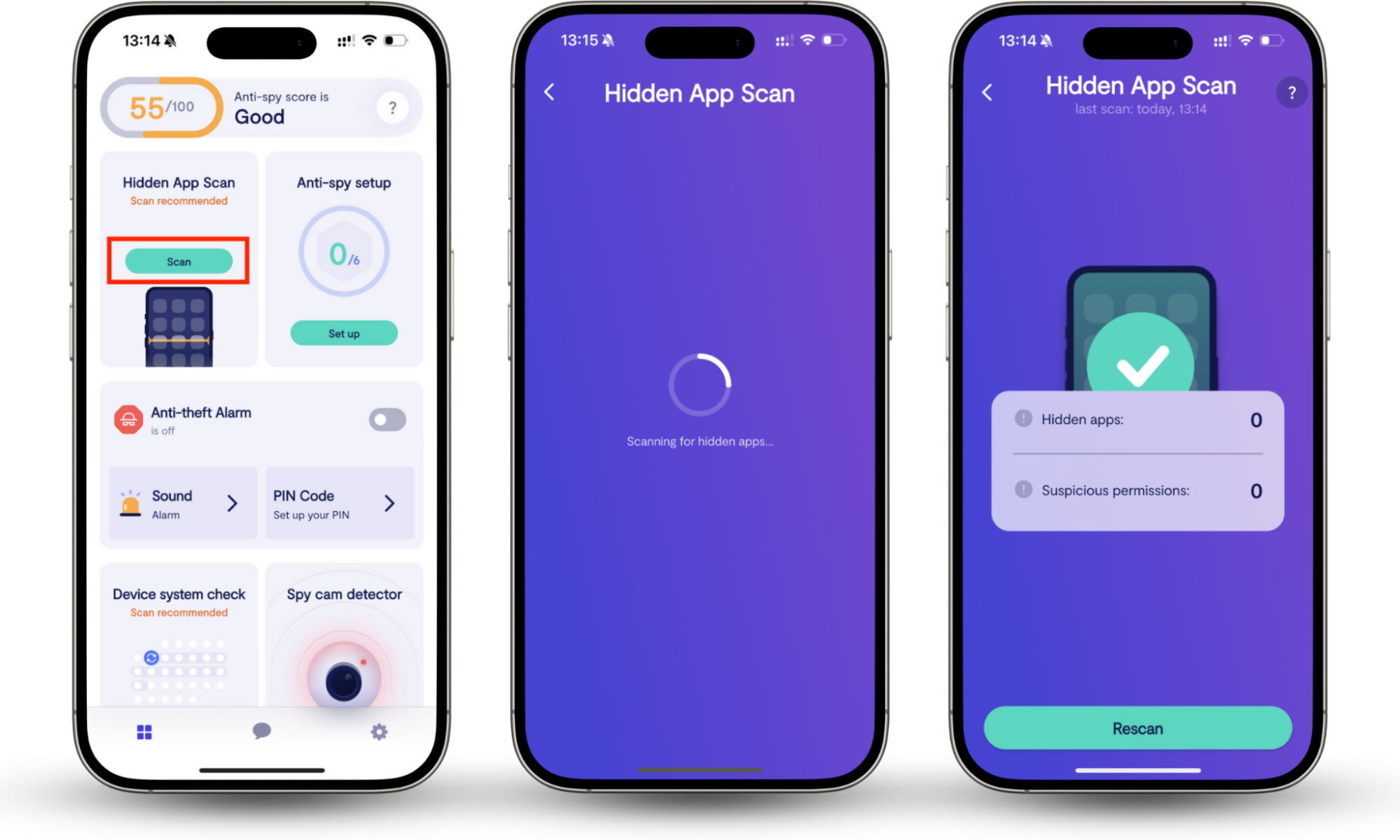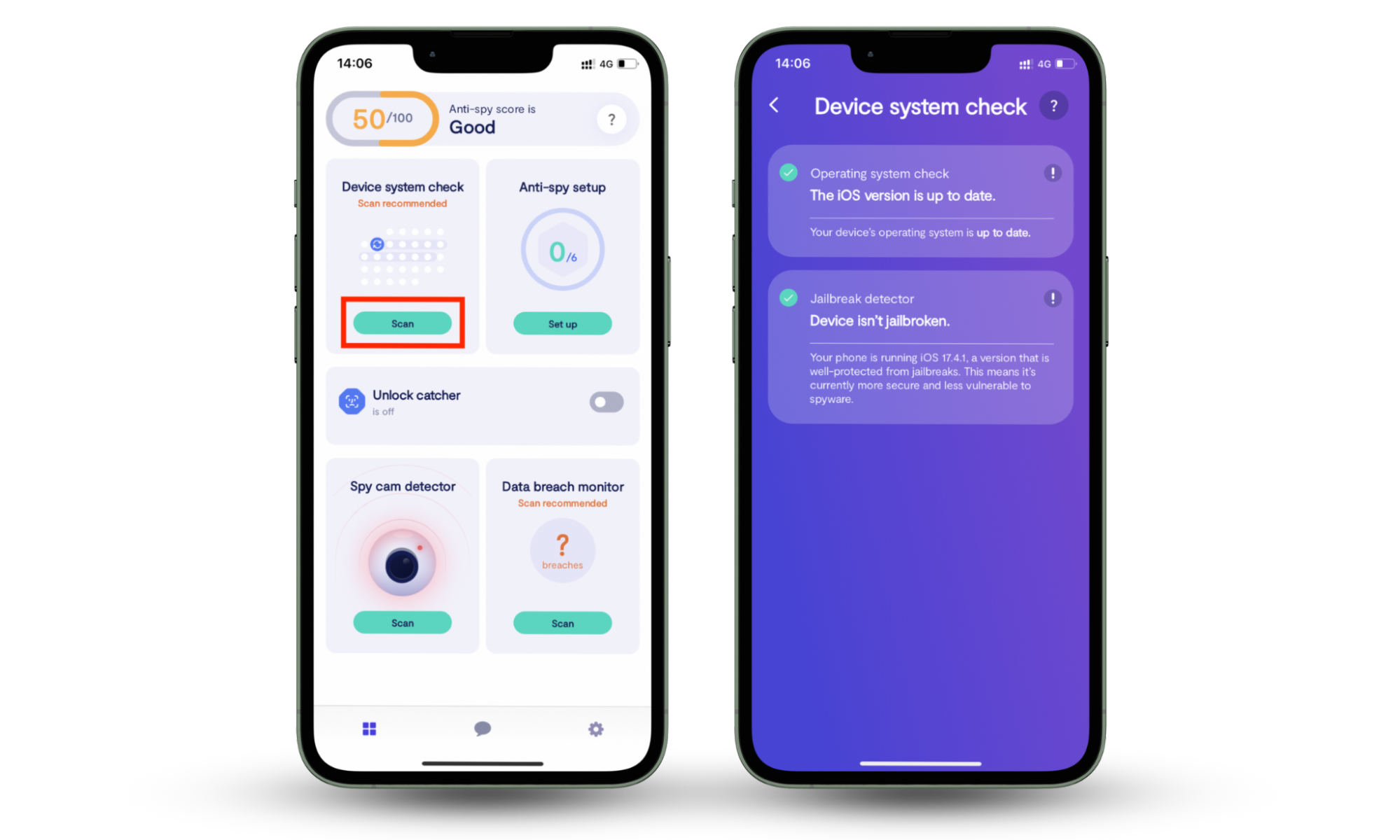Table of contents
- What is trauma bonding
- What causes trauma bonding
- How to know if you are trauma-bonded
- Stages of trauma bonding
- 1. Love bombing
- 2. Trust and dependence
- 3. Criticism
- 4. Manipulation
- 5. Resignation
- 6. Loss of self
- 7. Emotional addiction
- What are the effects of trauma bonding
- How to heal from trauma bonding
- Conclusion
What is trauma bonding
Trauma bonding means a confusing feeling when you become attached to someone who is causing you pain. They mistreat you and suddenly show kindness. As they repeat this pattern, you build a strong, addictive connection that feels hard to break. It’s kind of like Stockholm Syndrome, but for traumatic relationships.
This bond happens in relationships with a power imbalance. The abuser uses manipulation, threats, and control to keep you trapped. They might isolate you from friends and family, making you feel like they are the only person you can depend on.
What causes trauma bonding
A trauma bond isn’t a choice. It’s a psychological response to a survival situation. Your brain releases feel-good chemicals like dopamine during moments of affection, creating a powerful feeling of attachment. The abuser takes advantage of this, offering small acts of kindness after mistreatment, which makes you crave those positive moments like a drug.
This constant emotional rollercoaster confuses your feelings and makes you feel dependent on your abuser.
Trauma bonds are often linked to underlying mental health conditions like anxiety, depression, and post-traumatic stress disorder (PTSD). People with borderline personality disorder (BPD) can also be more vulnerable due to a fear of abandonment or unstable relationships.
How to know if you are trauma-bonded
Knowing if you’re trauma-bonded can be confusing. You might defend your abuser, even to people who care about you, and feel like you can’t live without them. You might also feel a sense of guilt or responsibility for their actions. Like these other trauma bonding signs, this is a clear warning that you may be in a trauma-bonded relationship:
- You constantly make excuses for their behavior.
- You feel a strong loyalty to them, even when they hurt you.
- You find it difficult to leave the relationship, no matter how bad it gets.
- You feel like you are walking on eggshells around them, always worried about setting them off.
- They have isolated you from your friends and family.
- You crave their affection, even after a bad experience, and constantly think about the “good times.”
If you notice these signs your ex is obsessed with you, it’s important to act quickly and check that your abusive partner isn’t spying on your mobile devices. Manipulative people often install spyware to track their victims’ conversations and whereabouts.
To uncover hidden spyware on your mobile devices, use Clario Anti Spy’s Hidden app scan:
- Open Clario Anti Spy and make an account.
- Underneath the Hidden app scan, press Scan and wait for the app to check your device for suspicious malware.
- If it finds anything, follow the prompts to remove the threats, fix your settings, and restore your privacy.

To look for signs of tampering, use Clario Anti Spy’s Device system check:
- Open Clario Anti Spy and complete the sign-up.
- Look for Device system check and press Scan.
- Clario Anti Spy will check that your phone is up to date and that no one has jailbroken it. If it finds anything suspicious, it’ll warn you.

Stages of trauma bonding
There’s a clear pattern for a trauma bond, meaning it starts with affection, building trust, and moving into criticism, manipulation, and resignation. This cycle ends in a loss of self and a dangerous emotional addiction. Knowing these steps helps you see what is happening.
1. Love bombing
This stage begins with an overwhelming amount of love and attention. The narcissistic abuser gives you endless compliments, gifts, and huge gestures. This makes you feel secure and special. They might say things like, “You're the only person who gets me,” and want to spend every single second with you.
2. Trust and dependence
You start to deeply trust the abuser in this stage and share your secrets. The abuser uses this trust to make you depend on them. They might cut you off from friends and family, so you rely on them for emotional support.
3. Criticism
Your abuser’s affection slowly changes to criticism. They start to lower your self-esteem bit by bit. For example, they might criticize a hobby you once loved, making small remarks that make you question your own value.
4. Manipulation
In this stage, your abuser uses gaslighting and guilt-tripping to get what they want. They make you question what’s real and doubt your own memories. They might deny something they said by claiming, “You're making that up.” Or, they use guilt to get their way, saying, “I've done so much for you, how can you not do this for me?”.
5. Resignation
After being abused and manipulated, you give up fighting back or leaving. You start to accept their rules and stories just to avoid conflict. You might stop sharing your own thoughts or needs, feeling like you have to be careful just to keep the peace.
6. Loss of self
Your identity becomes completely tied to the abuser. You lose your hobbies, friends, and who you are as a person. You only try to meet their needs. You might feel like you are just a shell of your old self, not recognizing the person you have become.
7. Emotional addiction
The final and most dangerous stage is an emotional addiction to this harmful cycle. The short times of peace after an abusive event feel like a reward. Your brain gets used to wanting these moments of affection, which makes it hard to leave.
What are the effects of trauma bonding
Trauma bonding really messes with your mind and body. It causes a lot of stress and anxiety, which leads to other mental health problems. These can show up as physical symptoms and make your life feel less enjoyable. Sometimes, you don’t even realize how bad the relationship is, which makes you more likely to get caught in a toxic cycle. The effects include:
- Emotional and mental effects: You might feel worthless, confused, or ashamed. This can lead to depression, anxiety, or even PTSD.
- Physical effects: The stress from the bond can make your body sick. You might feel tired all the time, have stomach issues, or feel a sense of dread when you’re around the person.
- Behavioral effects: You can start to lose your identity and the things that once brought you joy. You may also pull away from people who care about you to avoid talking about the relationship.
How to heal from trauma bonding
Healing from trauma bonding is an important journey. The first step is to recognize the narcissist stalking signs and take action to break up. Then you can seek professional help and reconnect with yourself over time. Here are some steps you can take to begin healing:
- Prioritize your safety. Make sure you (and your child, if you have one) are safe. Reach out to trusted friends and family, or call a local domestic violence hotline for support while you escape.
- Seek professional therapy. It’s hard to heal alone. You should see a psychologist or trauma-informed therapist to understand what happened and get the right tools to heal.
- Understand what happened. Learning the stages of trauma bonding can help you see the relationship for what it was. It’ll help you let go of guilt and shame and move on with your life. Find out why your boyfriend stalks you.
- Reconnect with yourself. During the bond, you might’ve lost your sense of who you are. Start doing things you love again, and set new goals for yourself.
- Set new boundaries. As you heal, learn what healthy relationships look like. Practice setting clear boundaries and remember you have a right to your own feelings and needs.
- Practice self-compassion. Healing is not a straight line for survivors. You’ll have good days and bad. Be kind to yourself and celebrate progress. Remember, you’re strong for taking these steps.
If your abuser won’t leave you alone during this process, report their behaviors to the police and seek legal advice. These relationships can’t be fixed. You need to leave your marriage so that you can restore your mental health. Can a spouse be charged with stalking?
And remember, Clario Anti Spy’s customer support is here to help if you need it. Recently, a customer came to one of our agents—Fane—in a panic, saying she thought she was being stalked. We advised her to block the person everywhere and told her how to check her device for spyware. We also helped her secure her accounts with stronger passwords and multi-factor authentication. By the end, she told us our guidance brought her a much-needed sense of relief and peace of mind.
Conclusion
Recognizing and healing from a trauma bond takes strength. The cycle of abuse can make you feel trapped, but breaking free is possible. Taking steps to reclaim your mental and physical health is crucial, and so is protecting yourself in every way. That includes your digital life.
If you’re worried about someone stalking you, use Clario Anti Spy’s Hidden app scan or Device system check. It’ll reassure you that your device is untampered and free from malicious spyware.


